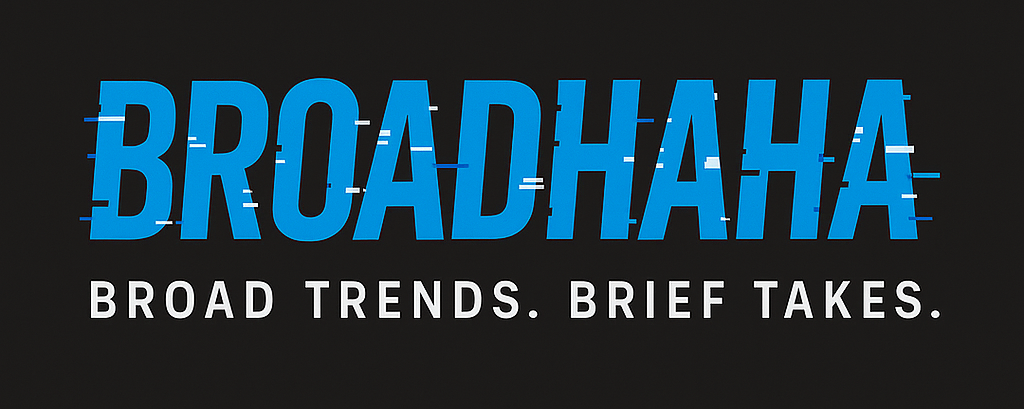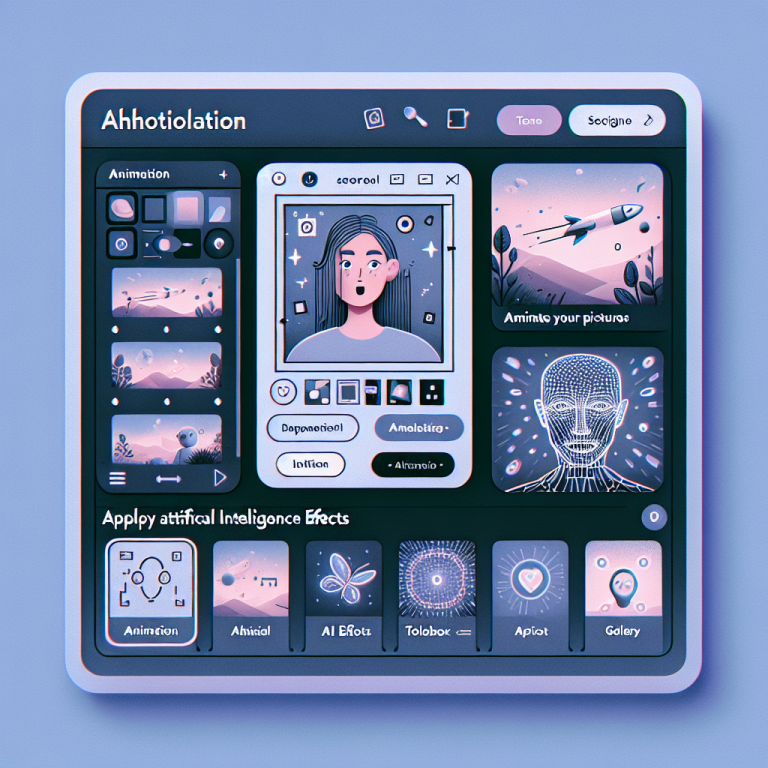Unlocking Your Voice: The Magic of Voiceslab
Ever wished you could clone your voice? Sounds a bit sci-fi, right? Well, with Voiceslab, it’s not just a far-fetched dream anymore. Imagine skipping those long recording sessions and effortlessly creating professional voiceovers just by speaking into your phone or computer. Let’s dive into this fascinating tool and see how it can transform the way you create audio content.
What is Voiceslab?
Voiceslab is a cool software that allows you to create a digital copy of your voice with uncanny accuracy. It’s like having a personal voice actor, but you get to be the star. Whether you’re a podcaster, a YouTuber, or anyone who needs voiceovers, this tool can streamline your process, saving you both time and energy.
Why Would You Want to Clone Your Voice?
Now, you might be wondering, “Why do I need to clone my voice?” Here are a few reasons that make a lot of sense:
– Efficiency: Recording can be time-consuming. With Voiceslab, you can create voiceovers without the hassle of setting up a mic, dealing with background noise, or having to redo takes because of a tiny mistake.
– Consistency: If you’re producing a series of videos or podcasts, maintaining the same voice can be essential. With a cloned voice, you ensure the tone and style remain consistent throughout your projects, giving your audience a cohesive experience.
– Flexibility: Need to update a phrase in an old recording? No problem! Simply let the software do its magic, and you’ve got an audio piece that fits seamlessly into your content.
How Does It Work?
Using Voiceslab is surprisingly straightforward. You’ll start by providing some sample recordings of your voice. The software analyzes those samples and creates a digital version that sounds just like you. Once the voice is cloned, you can type out scripts, and the software will read them in your voice. It’s almost like having a personal assistant who can speak for you!
Just imagine the scenarios where this could come in handy:
– Podcasting: You can record segments without multiple takes, resulting in a smoother, more polished final product.
– Video Content: Create quick voiceovers for YouTube videos without spending hours in front of a microphone.
– Voice Messages: If you’re not feeling chatty but still want to send a personal message, you can use your cloned voice to record updates for friends or family.
What About the Quality?
One question that pops up is about the quality of the cloned voice. Does it sound robotic or unnatural? The answer is a resounding no. Users report hearing their clones sound impressively realistic. This is a big plus for anyone worried about their content losing its personal touch.
Is It For Everyone?
While Voiceslab offers impressive features, it’s great to know it might not be everyone’s cup of tea. If you enjoy the process of recording or thrive in an environment where you can interact and improvise, sticking to traditional methods might suit you better. But if you want to streamline your process, the technology is definitely worth checking out.
Final Thoughts
Ultimately, Voiceslab feels like a clever tool for creators looking to enhance their work without the technical headaches of traditional voice recording. It gives you back some precious time while keeping your voice front and center.
So, if you’re interested in dabbling in voiceovers or just want to explore a modern twist in content creation, why not give Voiceslab a try? You might just find it’s the perfect solution to your recording woes.
Grab a cup of coffee (or tea), check out Voiceslab, and see how it can fit into your creative journey. Happy voice cloning!
Source: Voiceslab – https://theresanaiforthat.com/go/voiceslab
Discover more from Broadhaha
Subscribe to get the latest posts sent to your email.







